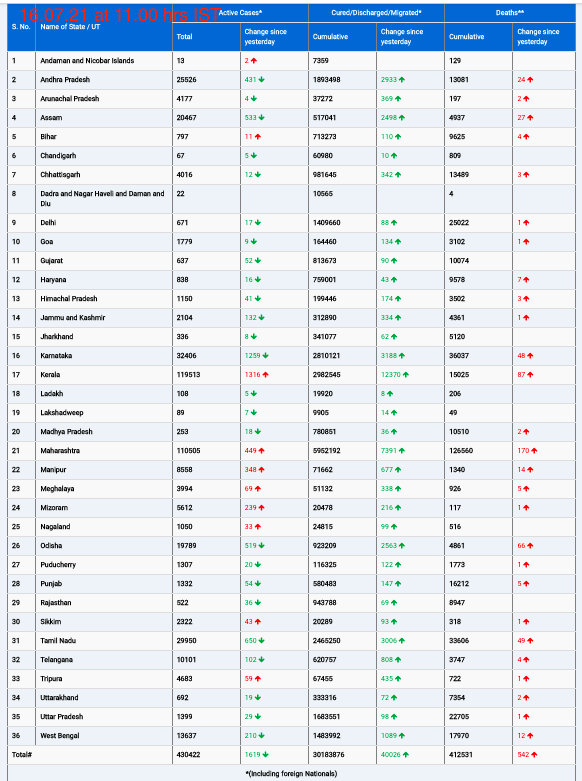A range of precautionary measures governing treatment of male patients with valproate have been recommended by the European Medicines Agency (EMA) after concerns of an increased risk for neurodevelopmental disorders in children fathered by men treated with the drug in the 3 months prior to conception.
Valproates are used to treat epilepsy and bipolar disorder; some European Union (EU) member states also sanction its use for treating migraine.
The EMA’s Pharmacovigilance Risk Assessment Committee (PRAC) recommended on January 12 that treatment for male patients with valproate should be started and supervised by a specialist in managing epilepsy, bipolar disorder, or migraine. Doctors should also explain the potential risks to patients and discuss the need for effective contraception for the patient and their female partner, the committee said.
The recommendations also call for treatment of men with valproate to be reviewed regularly to ensure it remains the most suitable medication, particularly when the patient is planning to conceive a child.
Nordic Study into Neurodevelopmental Disorders
In reaching its conclusions, the committee took into account a postauthorization safety study examining the association between paternal valproate treatment and neurodevelopmental disorders, including autism spectrum disorder and congenital malformations, among offspring in Denmark, Norway, and Sweden.
The data showed that around 5 in 100 children born to fathers treated with valproate in the 3 months prior to conceiving a child had a neurodevelopmental disorder compared with around 3 in 100 born to fathers treated with the alternative drugs, lamotrigine or levetiracetam. No difference in the risk for congenital malformations was seen between the two groups.
The study did not investigate the risk in children born to men who stopped using valproate more than 3 months before conception.
The EMA cautioned that due to the observational nature of the study, the increased risk for neurodevelopmental disorders caused by valproate was unable to be confirmed. The committee also considered other evidence, including nonclinical studies, and the views of patients and clinical experts in developing its recommendations.
Other Restrictions
The EMA’s latest measures were issued in addition to restrictions already in place to protect pregnant women treated with valproate medicines because of a high risk for malformations and developmental problems in their babies. Estimates suggest that up to 30-40 in 100 preschool children whose mothers took valproate during pregnancy may have problems with early childhood development, according to the EMA. Typical problems include delay in walking and talking, being less intellectually able than other children are, and difficulties with language and memory.
Of note, the UK’s Medicines and Healthcare products Regulatory Agency instructed that from January 2024, valproate must not be started in new female or male patients younger than 55 years unless two specialists “independently consider and document” that there is no other effective or tolerated treatment, or unless there are compelling reasons that the reproductive risks do not apply.
Valproate medicines are marketed under several brand names in Europe, including Absenor, Convival Chrono, Convulex, Delepsine, Depakin, Depakine, Depakote, Depamide, Deprakine, Diplexil, Epilim, Episenta, Epival CR, Ergenyl, Hexaquin, Kentlim, Micropakine L.P., Orfiril, Valpam, Valpros, and ValproLEK.











